
Hinano Murphy is a widely recognized expert in Tahitian cultural history. She grew up on Moorea and Tahiti learning oral traditions from her elders. She worked in education as a school teacher and later in her career she served as a technical advisor to the government, developing Tahitian language/culture programs for the schools. She then became the associate Director of the UC Berkeley Gump Research Station and the President of the cultural organization Te Pu Atitia, where she founded the Atitia Cultural Center on Moorea. Most recently she is serving as the Cultural Director for Tetiaroa Society and the head of the Cultural Committee that advises on all cultural matters in Tetiaroa. Hinano is involved in many Polynesian cultural and conservation initiatives and among other commitments has talked about the Polynesian connection to the ocean at the 2019 World Oceans Day at the United Nations, and more recently at the IMPAC5 Congress in Vancouver.

Frank Murphy completed BAs in Biology and Environmental Studies at UC Santa Cruz, and an MA in Geography from UC Berkeley working on Holocene sea level indicators in French Polynesia. He has been Manager and Associate Director of the UC Berkeley Gump Research Station, and owner of an adventure travel company. He is now the Director of Programs for the Tetiaroa Society, which facilitates scientific research, and carries out conservation programs, natural and cultural history tours, and educational programs on the private island of Tetiaroa. In his role with Tetiaroa Society, Frank is now also involved in bringing attention to the traditional knowledge of indigenous Pacific Islanders for the protection of the oceans.
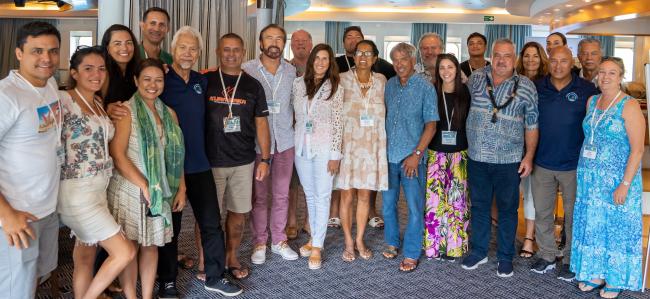
“The ocean is vast, and deep, and impenetrable. It has never been conquered by human beings. With its infinity of life forms, it holds many secrets. With a shift away from Western hubris and human exceptionalism, the law of the sea could be rewritten to recognise an Oceanic vision, one in which the world’s great ocean has its own independent life, and its own right to be healthy and flourish.”
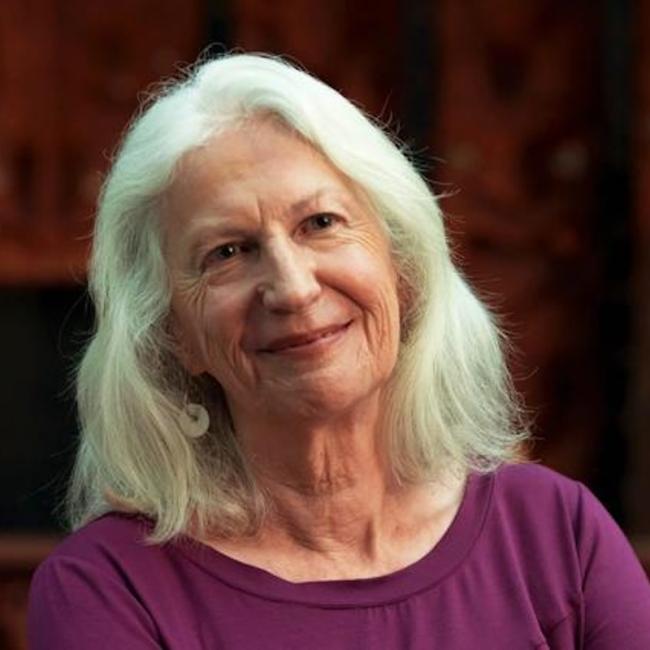
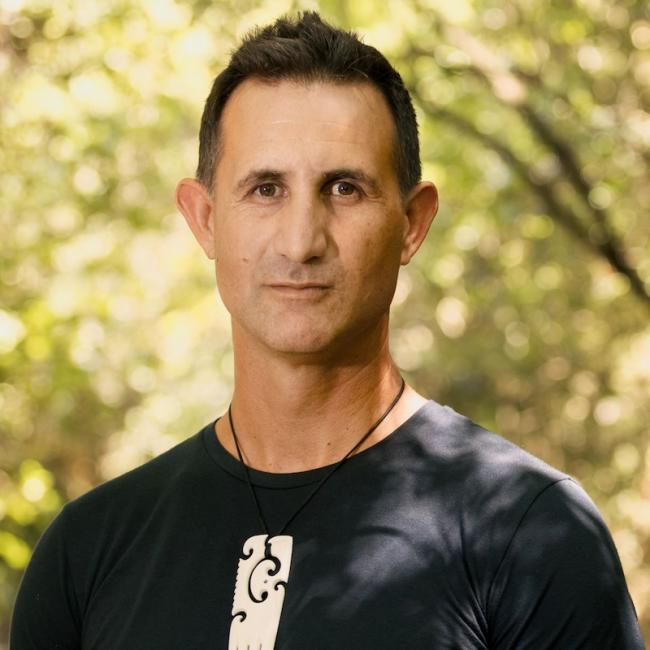
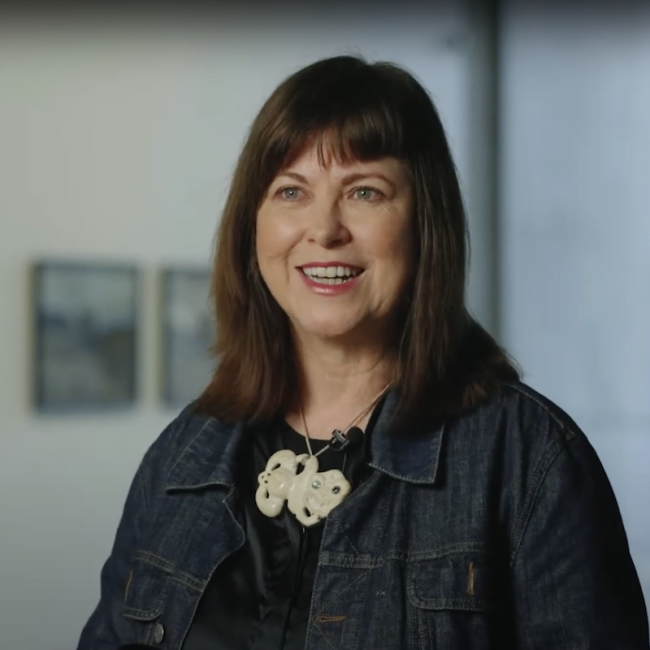
2021. A. Salmond, D. Hikuroa, N. Robertson
Think Like a Fish: New Oceanic Histories
“Shifting and elevating narratives away from the pragmatic and towards truly transformational change is urgently needed to make humanity’s relationship with ABNJ an example of how action can spur equitable outcomes. Recognizing the intrinsic value of the ocean and its biodiversity, and upholding their legal rights to exist, flourish, and evolve, could provide the paradigm shift that we need.”
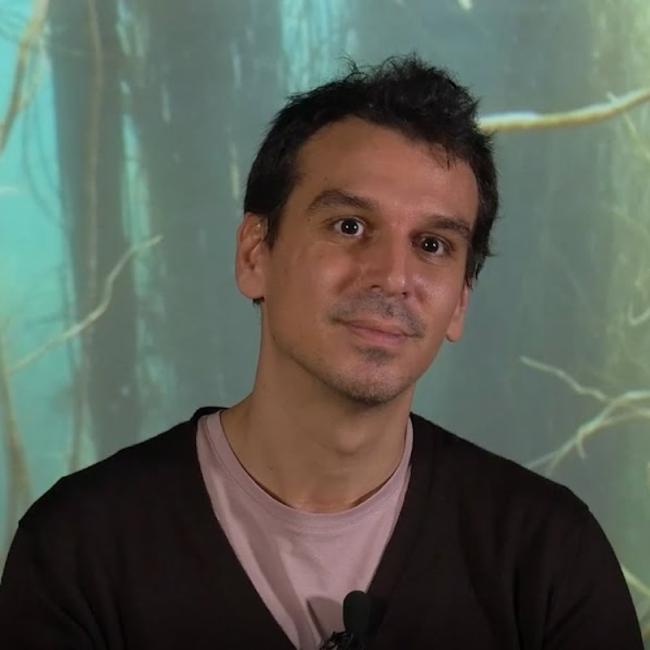
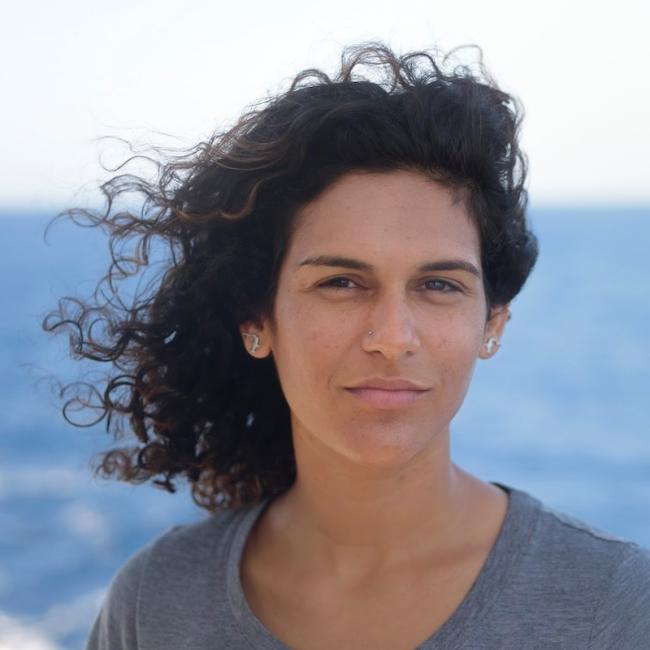

2021 Claudet, Amon, Blasiak
“Recognizing rights of the global ocean to exist and maintain its natural cycles would transform the relationship between humans and the global ocean by treating BBNJ as a rights-bearing entity, rather than just as a resource to be exploited. Perhaps this could provide a common vision for the international community to collaborate as stewards for the conservation and sustainable use of BBNJ.”
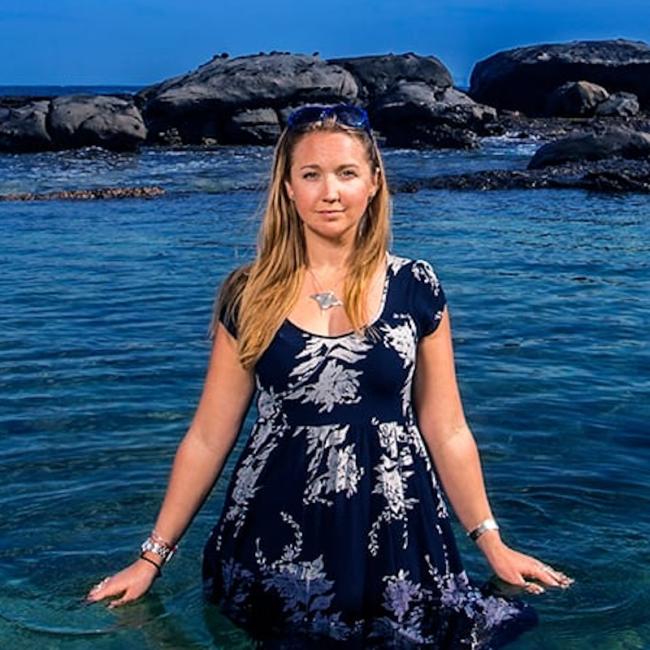
2020 Harden-Davies, et al.
Rights of Nature
